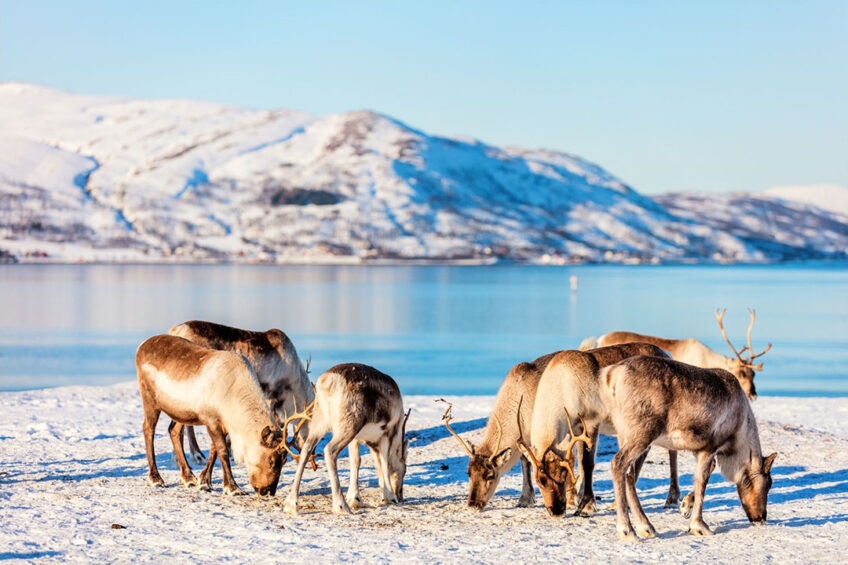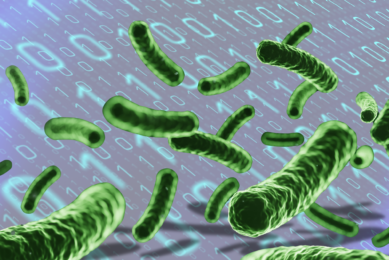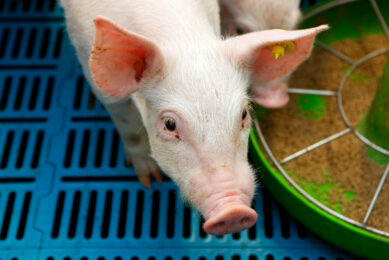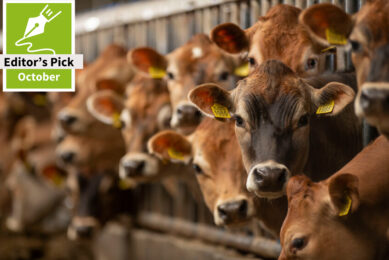Northern reindeer make new probiotics a reality

A group of Russian scientists have isolated new bacteria from the GI tract of a Northern reindeer, which reportedly could boost feed conversion ratio in ruminants.
In the future, a new class of feed probiotics can be created based on these bacteria, the scientists said, adding that the new products could bring great benefits to livestock farmers.
Surviving in harsh environments
Northern reindeer are being primarily bred by indigenous peoples who inhabit the Arctic zone of Russia. This territory is historically populated by reindeer, as they are one of the few types of animals that managed to adapt to the harsh winter conditions of this part of the Northern latitudes. Russian reindeer have to live in a more challenging environment than the animals inhabiting Nordic countries.
Northern reindeer’s diets
Northern reindeer’s diets are different from those of other ruminants. They often have to deal with frozen pastures and various plants, some of which are not fit for cows and other agricultural animals. In the winter, when food is scarce and the nutritional value is low. Therefore, the reindeer move toward a grazing ruminant type, with the quantity of food taking priority over the quality as a strategy to gain enough energy and nutrients.
Research into reindeer rumen’s microbiota
A group of scientists from the St. Petersburg Federal Research Center of the Russian Academy of Sciences has conducted a thorough analysis of reindeer rumens’ microbiota to find out what helps these animals to survive the winter.
Kasim Laishev, a co-author of the study, explained that the scientists managed to source some microorganisms that help Northern reindeer with better effectiveness to digest plants, which are way rougher at the local pastures than in European Russia.
“In the future, we plan to introduce this group of microorganisms into the rumen of other ruminant species in order to study their ability to accommodate and help digest feed. If we manage to improve feed conversion and digestion efficiency in livestock, then such a feed additive will bring a significant improvement in meat production,” Laishev said.
Further studies will be supported by the Russian government’s Russian Scientific Fund. The scientists have not provided any additional information on the discovered bacteria or when they plan to proceed to the field trials.











